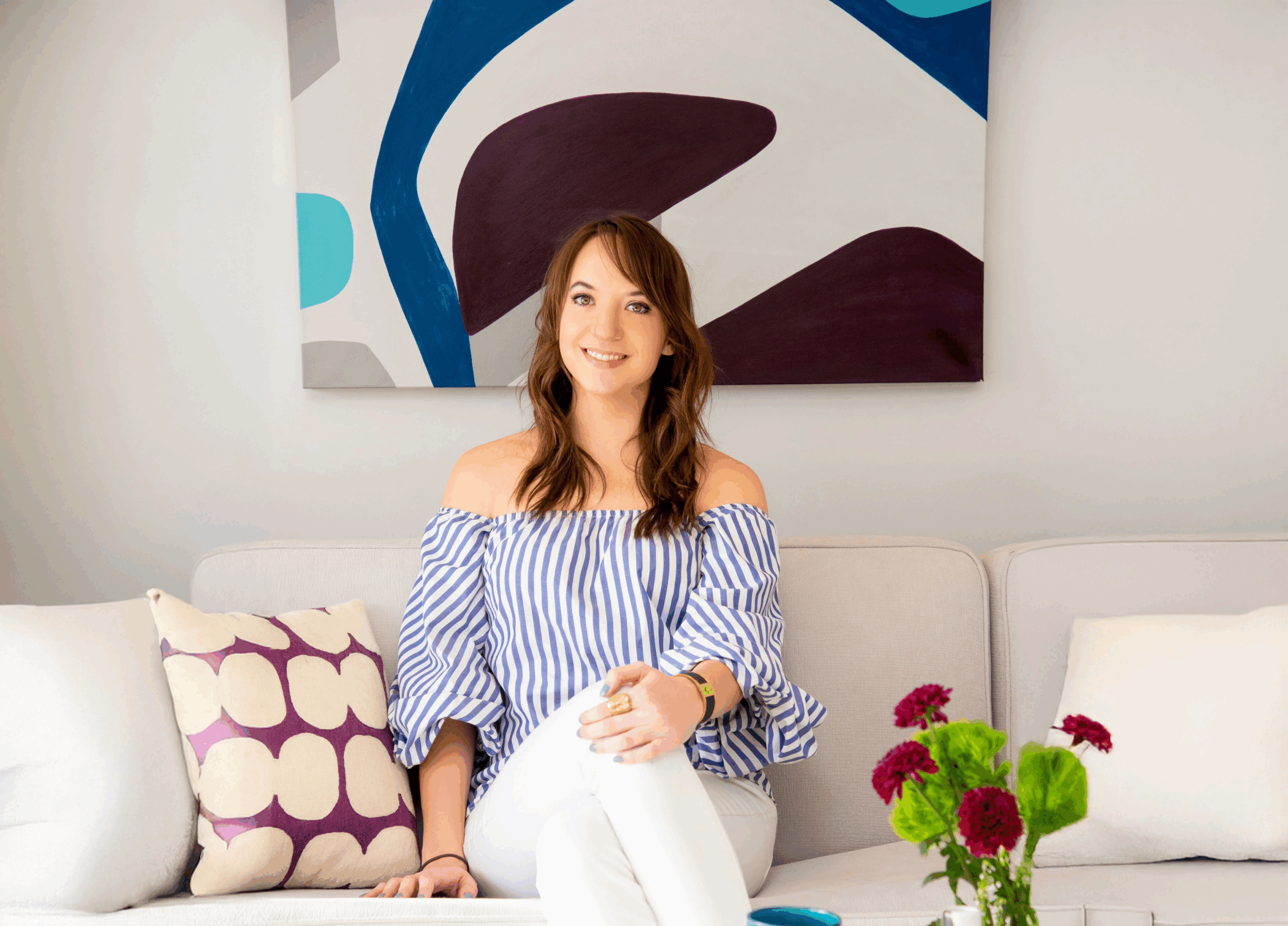Decorilla, the online interior design platform founded in 2012 in New York recently announced the official launch of its operations in Spain. The company seeks to transform the way interior spaces are conceived through the combination of Artificial Intelligence (AI), Virtual Reality (VR) and the talent of more than 400 interior designers that make up its global network.
With this move, Decorilla plans to offer an immersive and accessible luxury interior design experience in cities such as Barcelona, Ibiza, Madrid, Malaga and Valencia. Through hyper-realistic 3D renderings and virtual tours, clients will be able to visualize every detail of their projects before making a purchase, thus reducing costly mistakes and increasing confidence in decision-making.
Technology that empowers creativity
“The launch in Spain marks a new chapter in interior design, where technology enhances, but does not replace creativity,” said Joyce Huston, co-founder of Decorilla, in an interview with Contxto.
She added: “Spain offers us the ideal combination of style, talent and scale. We are ‘remote-first’ for agility and reach, and we add hybrid when it brings value: two creative proposals, 3D/VR at scale and a designer accompanying from start to finish.”
The platform’s model relies on tools such as AI-based matching – which connects clients with interior designers suited to their style and budget – virtual shopping assistance with access to exclusive discounts on national and international brands, and a comprehensive service that includes unlimited messaging, design reviews, and both remote and in-person consultations.
Raul Martins, an interior designer who is part of the company, noted that the industry is going through a process of change: “Clients want high-end results, but with more transparency, speed and flexibility. This type of company brings exactly that: top-notch design driven by technology.”
AI as a design co-pilot
Beyond immersive visualization, the platform integrates AI and VR in support of personalizing the design process.
“Our AI is a co-pilot, not the author. It takes on the heavy lifting so designers spend more time on taste, context and craft, creating truly personal spaces, not templates,” explained Huston.
This approach combines speed and precision in the technical aspects – briefs, spatial planning, product curation – while the creative vision and final approval always rest with professional designers. Each project incorporates multiple layers of customization: client style, room sizes, existing pieces, budget and lifestyle.
The arrival in Spain is supported by clear market trends: growing real estate investment, demand for high-end design solutions, and interest in more transparent and flexible experiences. In this context, the company seeks to reduce the access gap to luxury interior design and put the tools needed to design with confidence in the hands of more homeowners.
As part of its local strategy, the company launched an AI Masterclass aimed at Spanish interior designers. The course introduces Catherine, Decorilla’s patented AI design assistant, which allows professionals to integrate these tools into their workflows without sacrificing creativity or aesthetic vision.
In addition, the company activated a Founder Client Program, which during September will offer exclusive benefits such as a 100 Euro discount on the first design package, priority access to renowned interior designers and a free video consultation.
With an international presence and more than 350 furniture options integrated into its platform, Decorilla has been highlighted by media such as Architectural Digest, Elle Decor and The New York Times.
More markets on the way
Huston said that Spain is not an isolated destination in its global roadmap: “Spain is one step in a broader roadmap. We are evaluating Mexico and Colombia as natural next moves, with the same approach: ‘remote-first’ efficiency, local talent and real precision that avoids costly mistakes.”
The founder also stressed that learning from New York to Spain has allowed them to perfect a replicable model: competition between two designers for each project, full-scale visualization, ‘remote-first’ methodology with hybrid support in key cities and a strict quality assurance system.
“The design sector in Spain is strategic: it combines a strong artistic legacy with a dynamic real estate market and a growing demand for affordable solutions,” Huston concluded. “Here we see the opportunity to make a real impact, working alongside interior designers and clients to redefine the design experience.”


